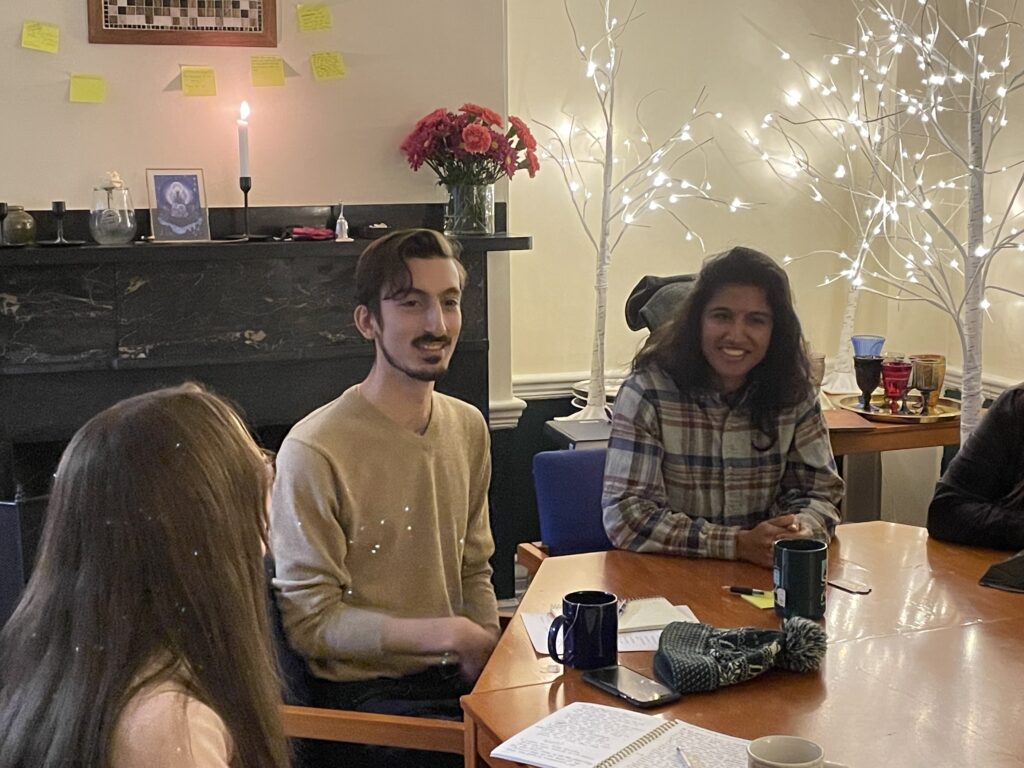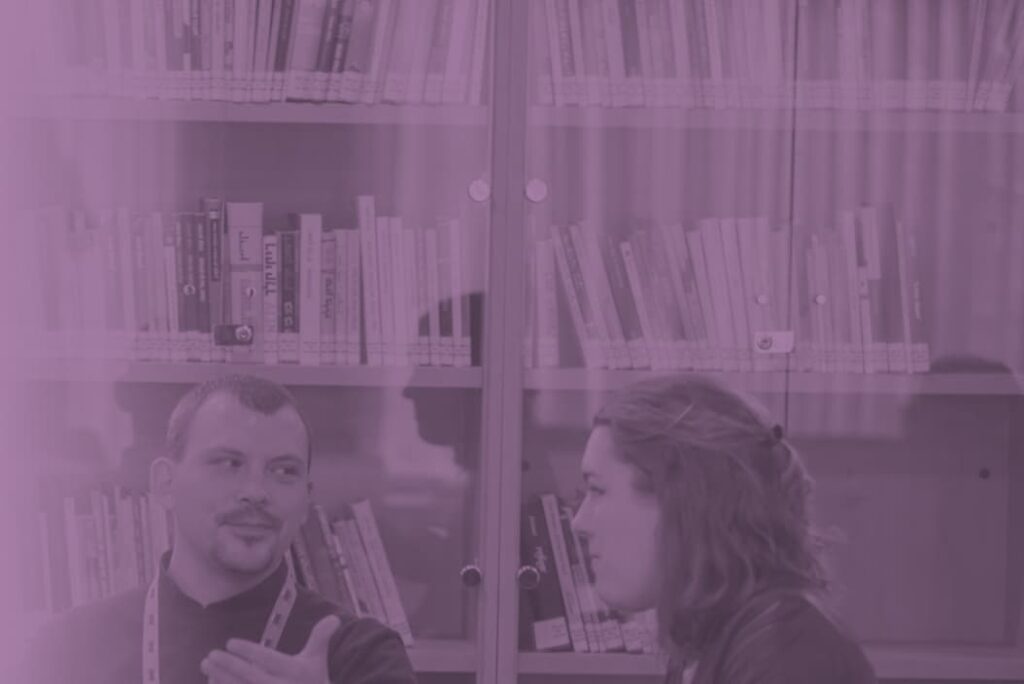
An interfaith and multifaith writing spiritual practice
JPII Leader Gianluca Avanzato (Cohort XIII, USA) has been offering for some time an interfaith and multi faith programming around ...
Find the latest news and information about JPII Center and initiatives in the field of interreligious dialogue run by JPII Leaders.


Subscribe to receive updates about the JPII Center and upcoming Interreligious Dialogue events.
"*" indicates required fields
